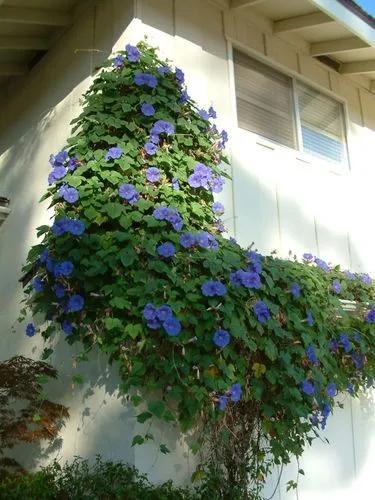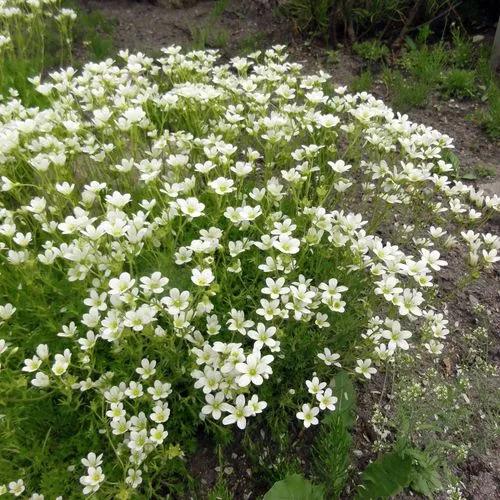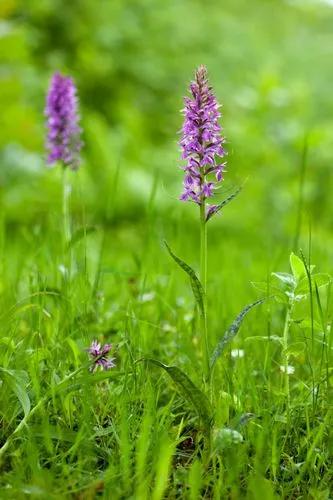Brown knapweed is native to Europe and was probably introduced to North America as an ornamental species.Brown knapweed can invade open forests, grasslands, and prairies. It can out-compete native vegetation, reducing biodiversity and available forage species.Brown knapweed flowers are 15-25 cm wide. Bracts usually have a distinctive papery margin and are light brown called bracts, which are modified leaves underneath the flower petals. The leaves are lance-shaped or shallowly lobed and become progressively smaller up the stem. The fruits usually don't have a plume or bristles.In the first year of growth, brown knapweed only has leaves on the ground (in a rosette). It grows a stalk and blooms in the second and subsequent years. Brown knapweed grows up to 150 cm tall. The stems are rigid and may have purple stripes.It can hybridize with black knapweed, which creates plants that look slightly different from either parent species.
Brown Knapweed Care
Centaurea Jacea



What is the plant
How to Care for the Plant

Water

It prefers dry or moist soil and can tolerate drought.

Pruning

No pruning required

Sunlight

It cannot grow in the shade.
Ease your plant care routine with PlantIn's personalized system.

Soil

Suitable for: light (sandy), medium (loamy) and heavy (clay) soils, prefers well-drained soil and can grow in nutritionally poor soil. Suitable pH: acid, neutral and basic (alkaline) soils and can grow in very alkaline soils.

Temperature

This species is hardy to at least -15°c

Popularity

221 people already have this plant 65 people have added this plant to their wishlists
What's wrong with your plant?
Related Plants
Discover more plants with the list below
Popular articles






